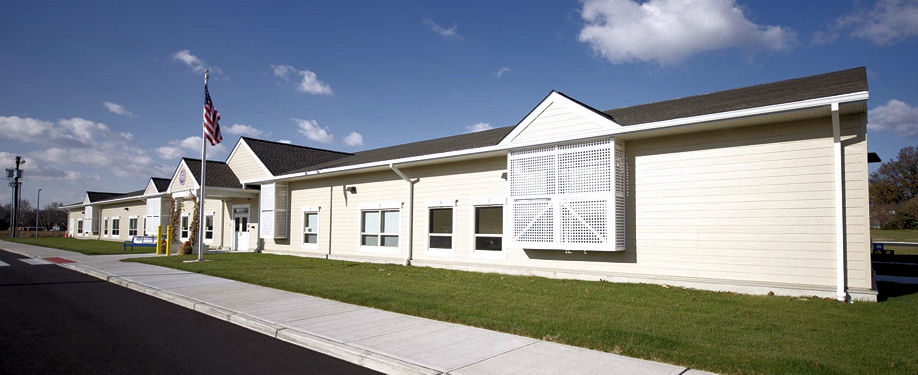Modular Buildings for Education Facilities

Modular buildings for education facilities are increasingly recognized as an ideal solution, especially for accommodating special education programs. These customizable, cost-effective, and flexible structures offer numerous benefits for schools and organizations aiming to create inclusive learning environments for students with diverse needs. The experts with Modular Genius would like to share some of those benefits.
Customization and Flexibility
Modular buildings can be tailored to meet the unique requirements of special education programs. Schools can design classrooms, therapy rooms, sensory rooms, and other specialized spaces to support students with various disabilities and learning differences. From adjustable layouts to specific accessibility features, modular buildings can be customized to create inclusive and welcoming environments that cater to the needs of all learners.
Rapid Deployment
One of the primary advantages of modular construction is its quick turnaround time. Schools facing urgent space constraints or seeking to implement new special education programs can benefit from the rapid deployment of modular buildings. Off-site fabrication and assembly minimize on-site disruption, allowing educational institutions to expedite the construction process and promptly address the needs of students requiring special education services.
Cost-Effectiveness
Modular structures offer cost-effective solutions for expanding or enhancing special education facilities. Modular construction can yield significant cost savings regarding material procurement, labor expenses, and construction timelines compared to traditional construction methods. Schools can allocate their budgets more efficiently, investing in state-of-the-art learning environments that support the academic, social, and emotional development of students with special needs.
Accessibility and Compliance
Modular buildings can be designed and constructed to meet accessibility standards and compliance requirements for individuals with disabilities. Schools can incorporate features such as wheelchair ramps, wide doorways, accessible restrooms, and sensory-friendly environments to ensure that special education facilities are fully inclusive and compliant with relevant regulations, including the Americans with Disabilities Act (ADA).
Adaptability for Changing Needs
The modular nature of these buildings allows for easy expansion, relocation, or reconfiguration as the needs of special education programs evolve. Schools can add new modules, repurpose existing spaces, or relocate entire buildings to accommodate changing enrollment numbers, programmatic shifts, or emerging educational trends. This adaptability ensures that academic institutions can effectively respond to the dynamic needs of students with disabilities and provide high-quality learning environments.
Enhanced Learning Environments
By investing in modular buildings for special education programs, schools can create purpose-built spaces that enhance students’ learning experiences with diverse needs. These environments promote engagement, collaboration, and sensory integration, fostering academic achievement, social interaction, and emotional well-being. Modular buildings can support various educational activities and interventions tailored to individual student requirements, from quiet zones for focused learning to interactive sensory rooms for therapeutic interventions.
With their customizable design, rapid deployment, cost-effectiveness, accessibility features, adaptability, and ability to enhance learning environments, modular buildings are well-suited to meet the unique needs of students with disabilities and create inclusive educational experiences that promote success and empowerment for all learners.
Contact Modular Genius
We’d love to hear from you if you would like more information on modular buildings for education facilities. Just call Modular Genius at 888-420-1113 or contact us online whenever you like. We’ll let you know why schools nationwide continue to turn to modular construction.